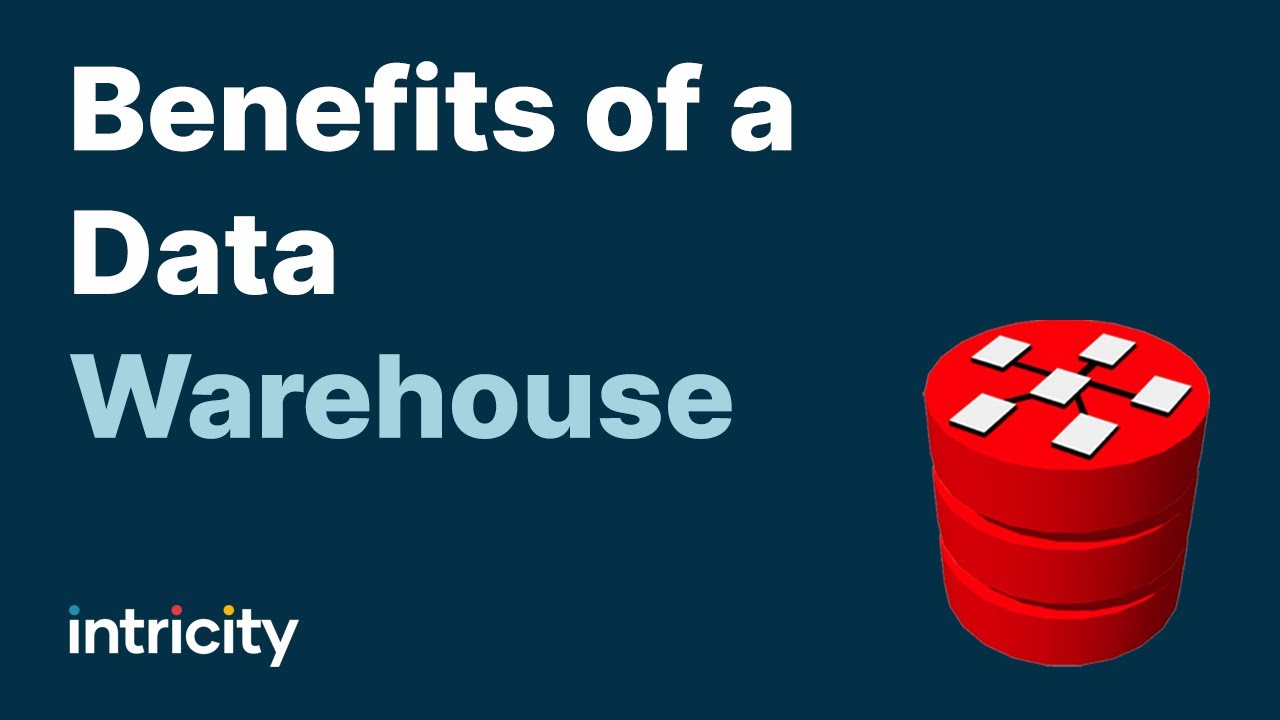Benefits of Data Warehouse
A data warehouse is a central repository of integrated and consolidated data from various sources within an organization. It is designed to support business intelligence and reporting activities, allowing businesses to make informed decisions based on accurate and timely information. In this article, we will explore the numerous benefits of implementing a data warehouse in your organization.
Improved Data Quality
One of the key advantages of a data warehouse is the improved data quality it provides. By integrating data from multiple sources and applying data cleansing and transformation techniques, a data warehouse ensures that the data is accurate, consistent, and reliable. This high-quality data serves as a solid foundation for decision-making processes, as it eliminates the risk of making decisions based on incomplete or erroneous information.
Enhanced Decision Making
With a data warehouse in place, organizations can access a comprehensive and unified view of their data. This enables decision-makers to analyze trends, identify patterns, and gain valuable insights into their business operations. By having a holistic understanding of the data, organizations can make more informed decisions, leading to improved efficiency, increased profitability, and a competitive edge in the market.
Increased Operational Efficiency
Data warehouses allow organizations to streamline their data management processes. By consolidating data from various sources into a single repository, data retrieval and analysis become faster and more efficient. This eliminates the need for manual data integration and reduces the time and effort required to extract meaningful information from the data. As a result, organizations can allocate their resources more effectively and focus on strategic initiatives that drive growth.
Support for Business Intelligence
A data warehouse serves as the foundation for business intelligence (BI) initiatives. It provides a structured and organized environment for storing and analyzing data, making it easier to create meaningful reports, dashboards, and visualizations. Business users can leverage these BI tools to gain insights into key performance indicators, monitor business metrics, and track progress toward organizational goals. This empowers them to make data-driven decisions and drive business success.
Improved Data Security
Data security is a critical concern for organizations in today’s digital landscape. A data warehouse helps address this concern by centralizing data storage and implementing robust security measures. Access controls, encryption, and regular backups ensure that sensitive data is protected from unauthorized access, loss, or corruption. By implementing a data warehouse, organizations can enhance data security and comply with regulatory requirements, instilling trust and confidence among stakeholders.
Scalability and Flexibility
A data warehouse is designed to handle large volumes of data and support complex analytical queries. As organizations grow and accumulate more data, a data warehouse can easily scale to accommodate the increasing data volumes without compromising performance. Additionally, it provides the flexibility to adapt to changing business needs and incorporate new data sources or analytical tools, ensuring that organizations can leverage the latest technologies and stay ahead in a rapidly evolving business landscape.

In summary, implementing a data warehouse offers numerous benefits to organizations. It improves data quality, enhances decision-making processes, increases operational efficiency, supports business intelligence initiatives, enhances data security, and provides scalability and flexibility. By leveraging the power of a data warehouse, organizations can unlock the full potential of their data, gain valuable insights, and drive business growth and success.
Frequently Asked Questions – Benefits of Data Warehouse
1. What is a data warehouse?
A data warehouse is a centralized repository that stores structured, historical data from various sources for reporting, analysis, and decision-making purposes.
2. What are the benefits of using a data warehouse?
Using a data warehouse offers several benefits, including:
Improved data quality and consistency
Enhanced data accessibility and availability
Support for complex analytical queries
Facilitates better decision-making
Enables trend analysis and forecasting
3. How does a data warehouse improve data quality?
A data warehouse improves data quality by performing data cleansing and transformation processes, eliminating duplicate or inconsistent data, and ensuring data accuracy and integrity.
4. Can a data warehouse handle large volumes of data?
Yes, a data warehouse is designed to handle large volumes of data efficiently. It employs techniques like indexing, partitioning, and compression to optimize storage and query performance.
5. Does a data warehouse support real-time data processing?
While traditional data warehouses primarily focus on batch processing, modern data warehouses can also support real-time or near real-time data integration and processing through technologies like streaming and event-driven architectures.
6. How does a data warehouse facilitate better decision-making?
A data warehouse provides a consolidated view of data from multiple sources, enabling decision-makers to access accurate and consistent information. It also supports advanced analytics, data mining, and reporting tools that aid in decision-making processes.
7. Can a data warehouse help in identifying business trends?
Yes, a data warehouse enables trend analysis by storing historical data over extended periods. By analyzing this data, businesses can identify patterns, trends, and correlations that can provide valuable insights for strategic planning and forecasting.
8. What are the security benefits of using a data warehouse?
A data warehouse enhances data security by implementing robust access controls, authentication mechanisms, and encryption techniques. It helps protect sensitive business information and ensures compliance with data privacy regulations.
9. Does a data warehouse support integration with other systems?
Yes, a data warehouse supports integration with various systems, such as operational databases, customer relationship management (CRM) systems, enterprise resource planning (ERP) systems, and more. This integration allows data from different sources to be consolidated and analyzed together.
10. Can a data warehouse improve data accessibility for end-users?
Absolutely! A data warehouse provides a user-friendly interface and tools for querying, reporting, and visualization, making it easier for end-users to access and analyze data without requiring in-depth technical knowledge.




